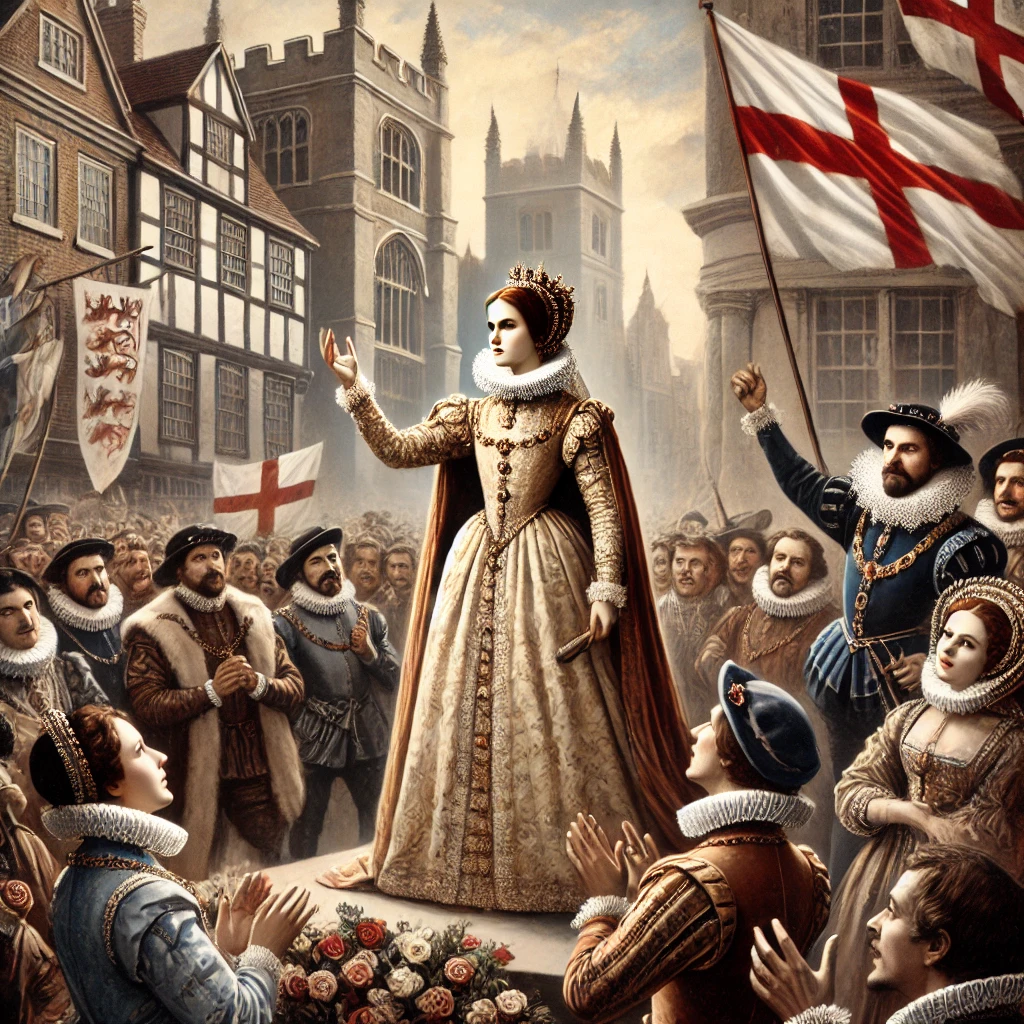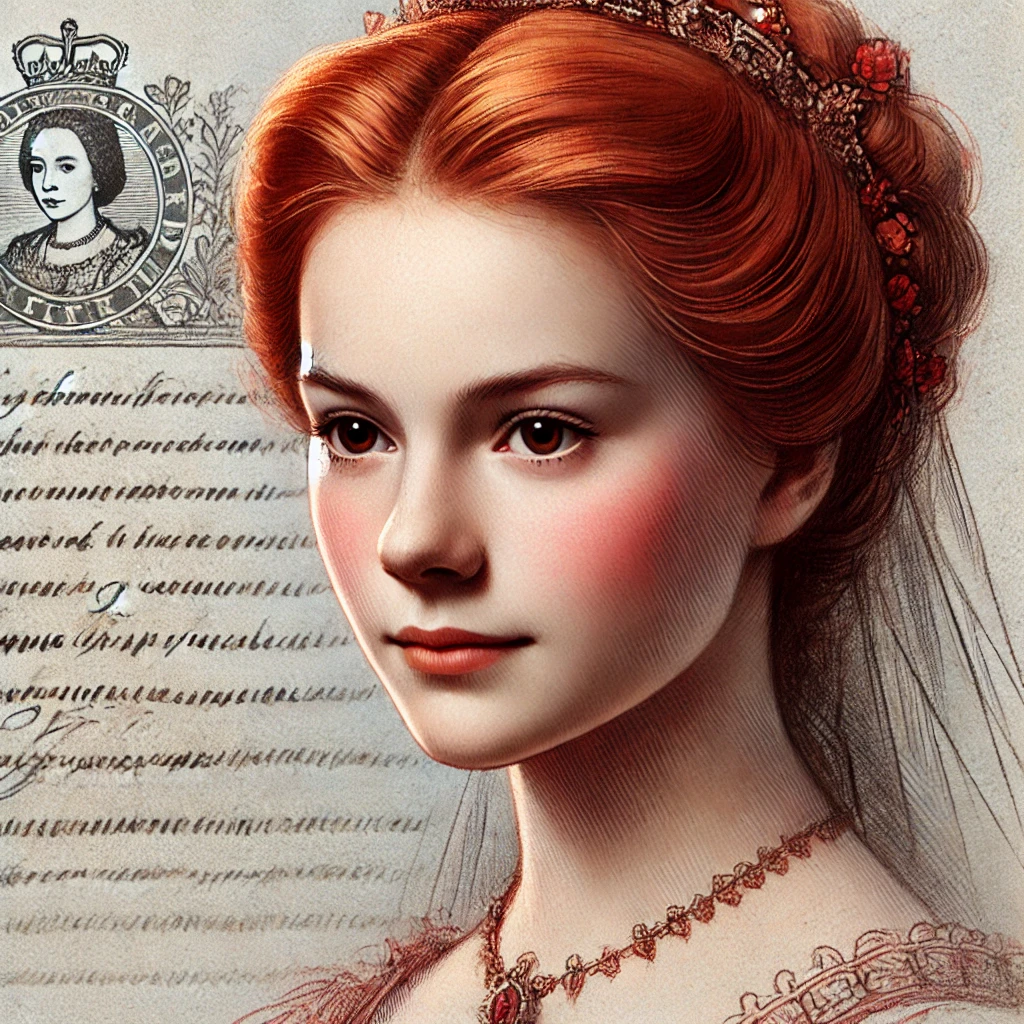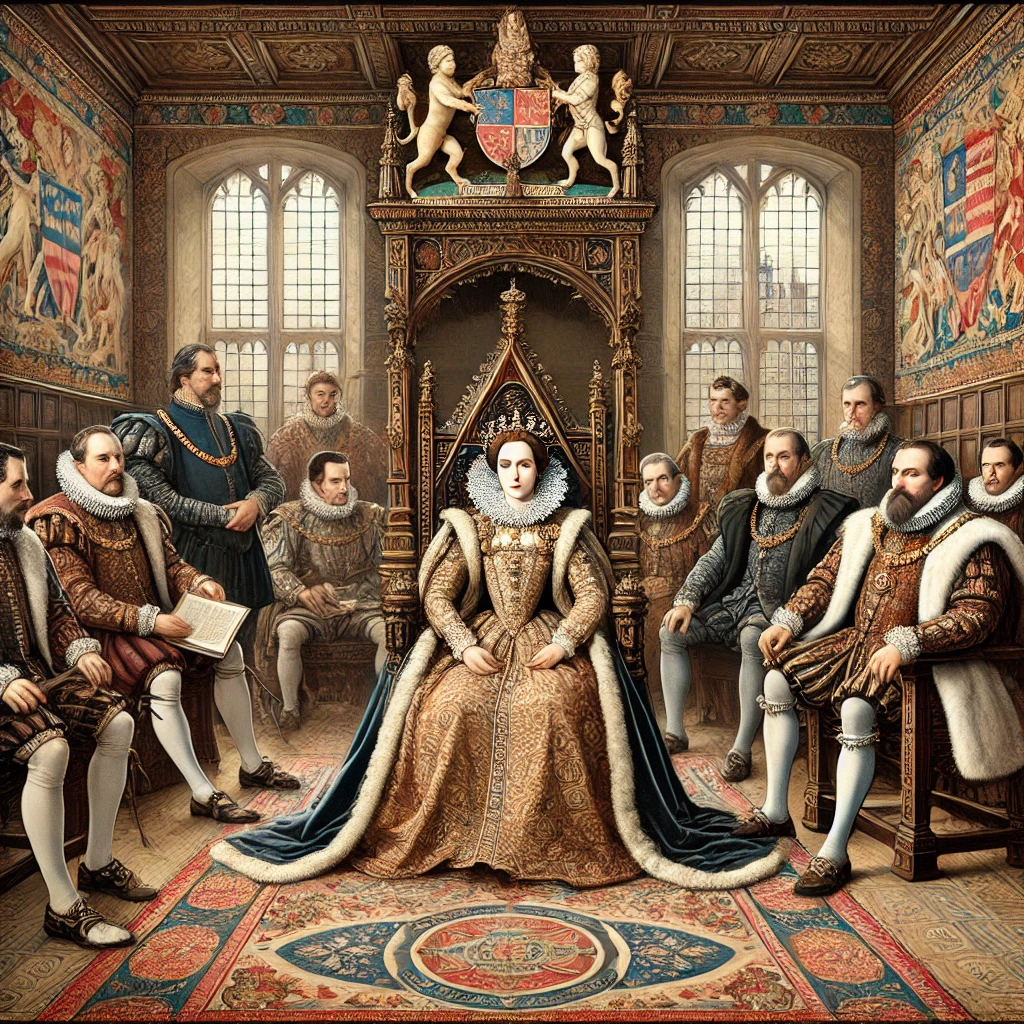On November 17th, 1558, Elizabeth I ascended to the throne of England, marking the beginning of a transformative period known as the Elizabethan era. Her reign lasted for 45 years and is celebrated for significant cultural achievements, including the flourishing of literature, the arts, and advancements in exploration. Elizabeth’s ability to navigate the complex political landscape of her time solidified her legacy as one of England’s most influential monarchs.

A New Monarch Takes the Throne
Elizabeth I, the daughter of King Henry VIII and Anne Boleyn, came to power after the death of her half-sister, Mary I. Upon her coronation, Elizabeth inherited a kingdom fraught with religious tensions, political instability, and external threats. Determined to unify her subjects and stabilize the nation, she adopted a moderate approach to governance, promoting a religious settlement that aimed to reconcile the differences between Catholics and Protestants.
Her pragmatic policies earned her the support of a wide array of factions within England, allowing her to establish a relatively stable reign. Elizabeth’s astute political maneuvering and her refusal to marry, often referred to as the “Virgin Queen,” further solidified her power by maintaining independence and avoiding entanglements that could jeopardize her rule.

Cultural Flourishing in the Elizabethan Era
The Elizabethan era is perhaps best known for its cultural achievements, particularly in literature and the arts. It was during this time that William Shakespeare emerged as a dominant figure in English literature, producing some of his most famous works, including Hamlet, Romeo and Juliet, and A Midsummer Night’s Dream. Shakespeare’s plays captured the complexities of human nature and explored themes that resonated with audiences across generations.
Beyond Shakespeare, the arts flourished in various forms, including poetry, music, and theater. The establishment of permanent theaters, such as The Globe, provided a venue for the dramatic arts to thrive. This period also saw advancements in music, with composers like Thomas Tallis and William Byrd contributing to a rich tapestry of musical innovation that defined the era.

The Legacy of Elizabeth I
Elizabeth I’s reign left an indelible mark on English history, shaping not only the cultural landscape but also the future of the monarchy. Her ability to govern effectively, maintain relative peace, and inspire creativity fostered a sense of national pride and identity. The defeat of the Spanish Armada in 1588 during her reign further solidified her legacy, as it marked England’s emergence as a formidable naval power.
The Elizabethan era set the stage for subsequent developments in English history, influencing the reigns of future monarchs and the evolution of the British Empire. Elizabeth’s commitment to the arts, her diplomatic strategies, and her role as a female monarch in a patriarchal society continue to inspire discussions about leadership and governance today.
The ascension of Elizabeth I to the throne on November 17th, 1558, heralded the start of a remarkable period in English history marked by cultural flourishing and political resilience. Her reign, characterized by the remarkable achievements of figures like Shakespeare and the artistic vitality of the era, transformed England into a center of culture and influence. As we reflect on the legacy of Elizabeth I, we recognize her pivotal role in shaping not only the history of England but also the broader narrative of women in leadership and the enduring power of the arts. The Elizabethan era
